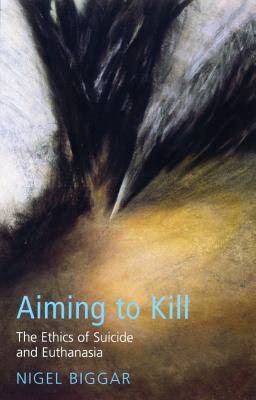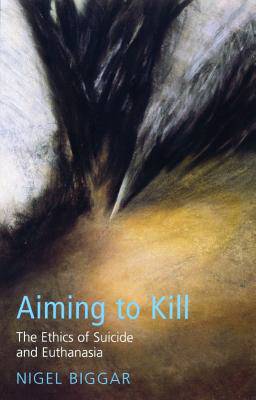
- Afhalen na 1 uur in een winkel met voorraad
- Gratis thuislevering in België vanaf € 30
- Ruim aanbod met 7 miljoen producten
- Afhalen na 1 uur in een winkel met voorraad
- Gratis thuislevering in België vanaf € 30
- Ruim aanbod met 7 miljoen producten
Zoeken
Omschrijving
Controversy about the morality of euthanasia and assisted suicide and their legalisation has been running for over a generation, and it shows no sign of flagging. The main arguments for and against are widely familiar, yet the horizon yields no sign of any approaching resolution. Progress can still be made by careful examination of the opposing fronts and that is the service that this book performs. Drawing ecumenically on both theological and philosophical resources, it pioneers an original way to a mature judgement by tackling the three basic questions that the debate raises: What is it that makes human life valuable? Can it ever be moral to intend to kill someone? And how much should we fear the wider, social effects of legalising euthanasia or assisted suicide?
Specificaties
Betrokkenen
- Auteur(s):
- Uitgeverij:
Inhoud
- Aantal bladzijden:
- 240
- Taal:
- Engels
- Reeks:
Eigenschappen
- Productcode (EAN):
- 9780232524062
- Verschijningsdatum:
- 10/03/2003
- Uitvoering:
- Paperback
- Formaat:
- Trade paperback (VS)
- Afmetingen:
- 140 mm x 216 mm
- Gewicht:
- 281 g

Alleen bij Standaard Boekhandel
+ 103 punten op je klantenkaart van Standaard Boekhandel
Beoordelingen
We publiceren alleen reviews die voldoen aan de voorwaarden voor reviews. Bekijk onze voorwaarden voor reviews.







